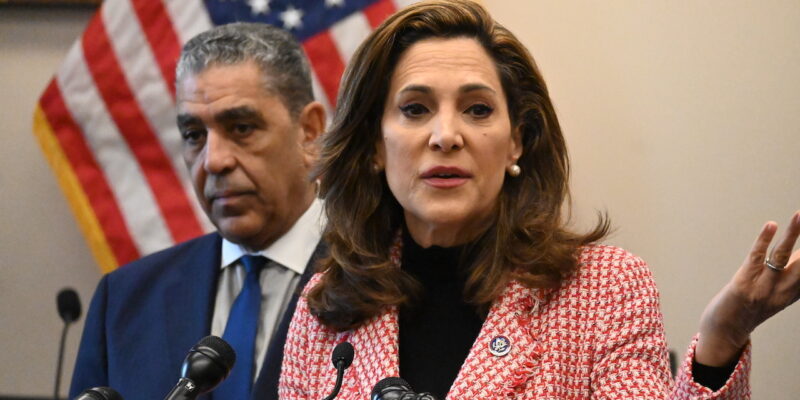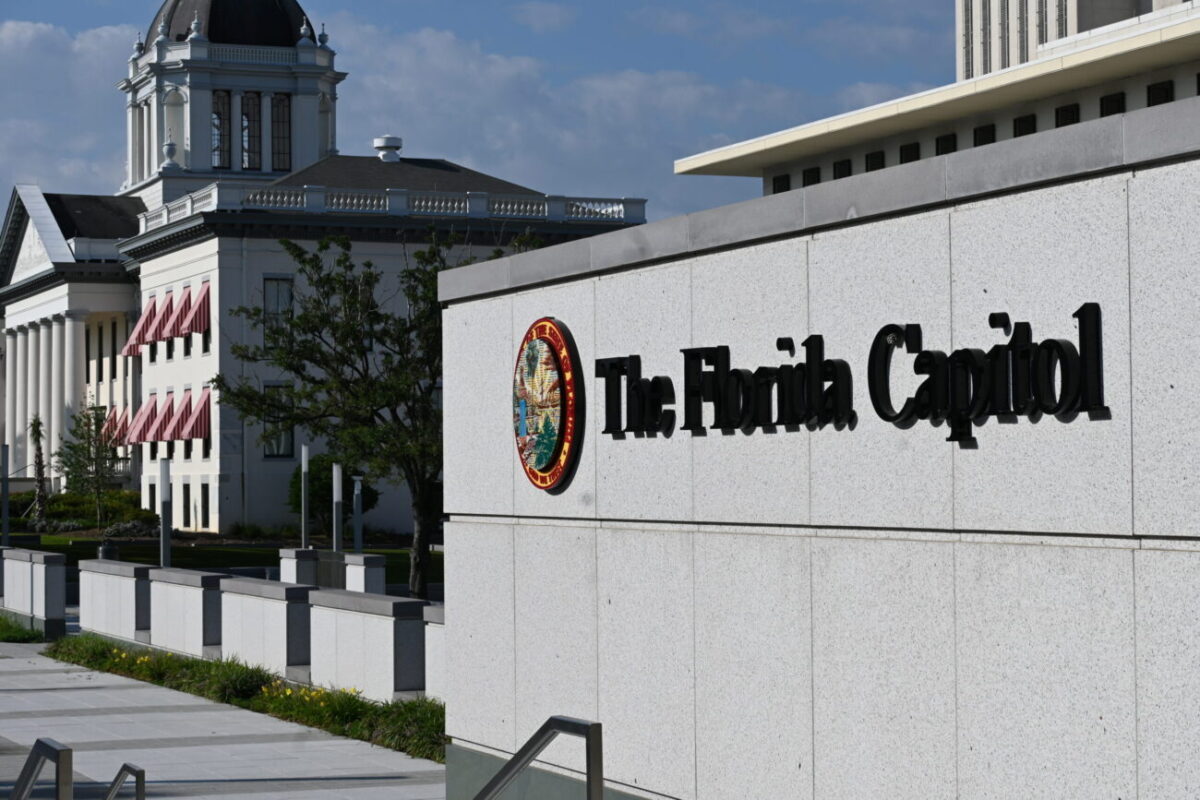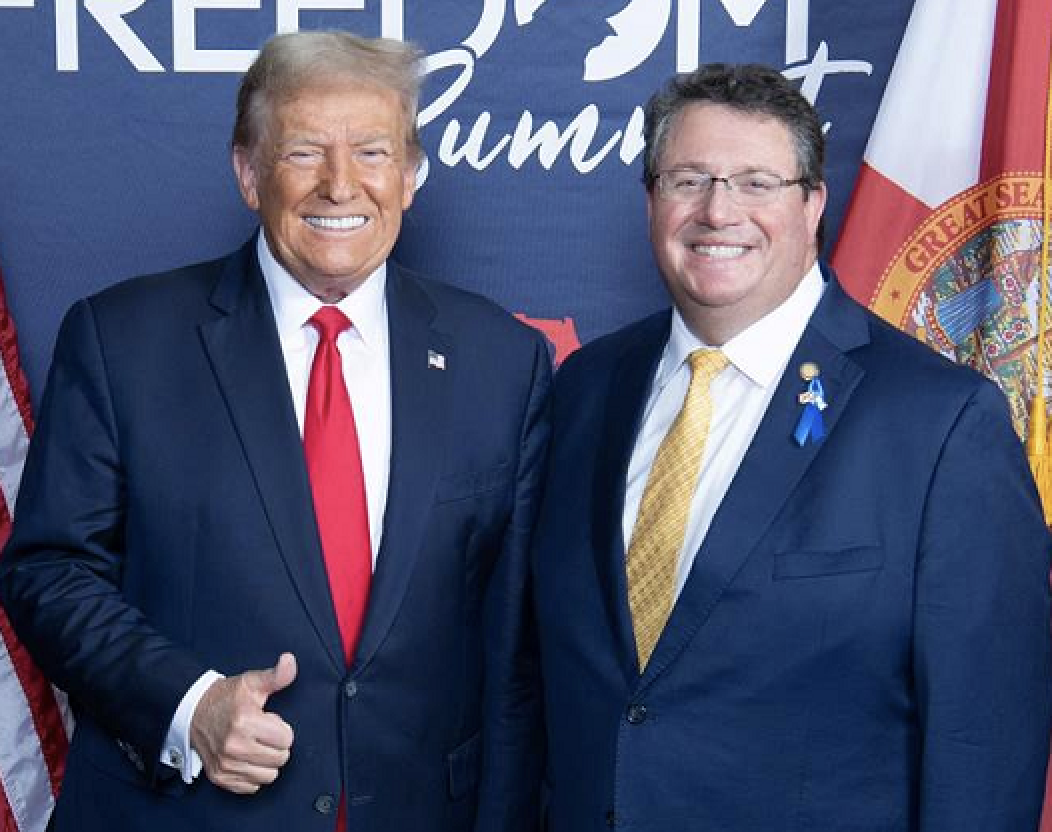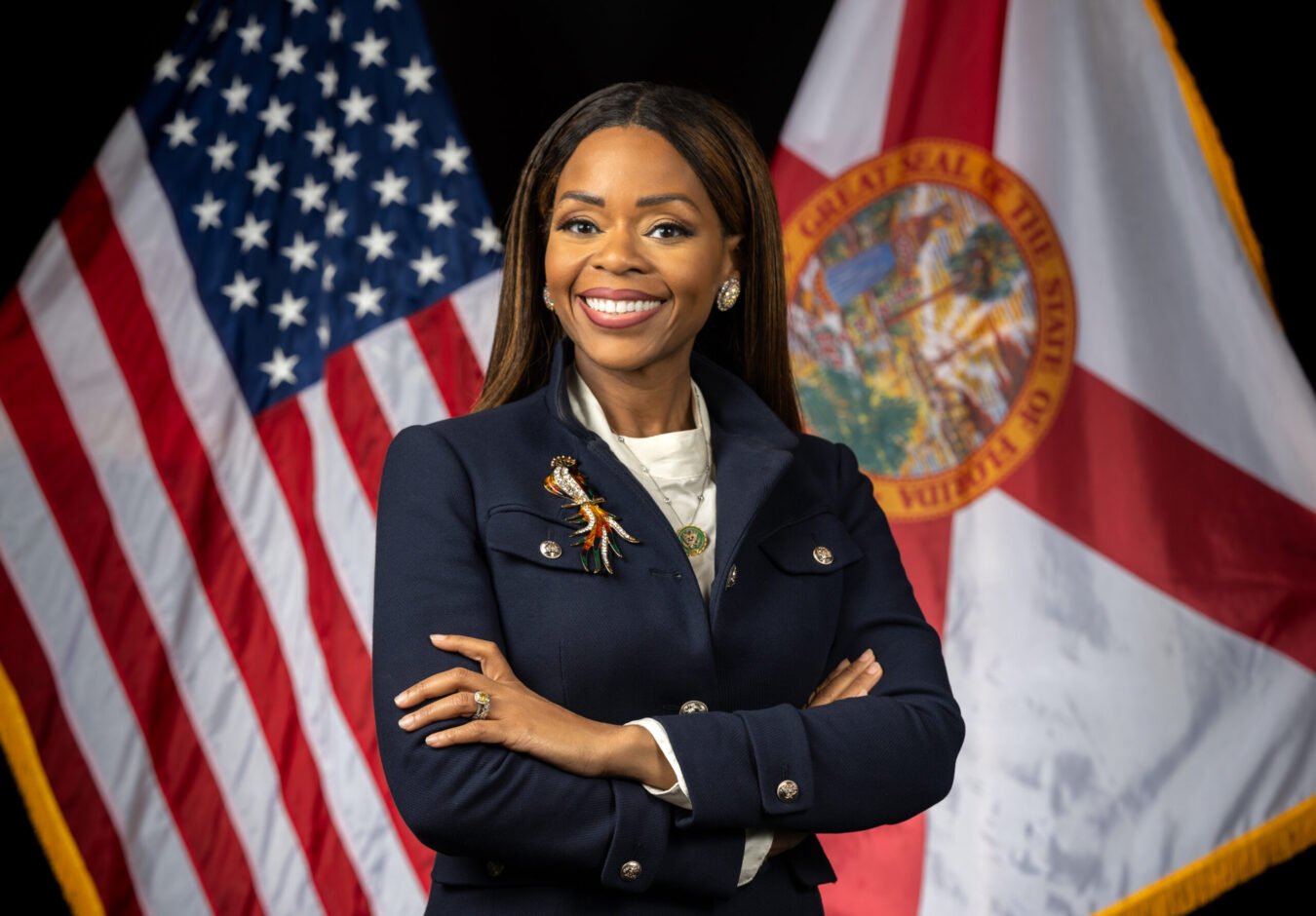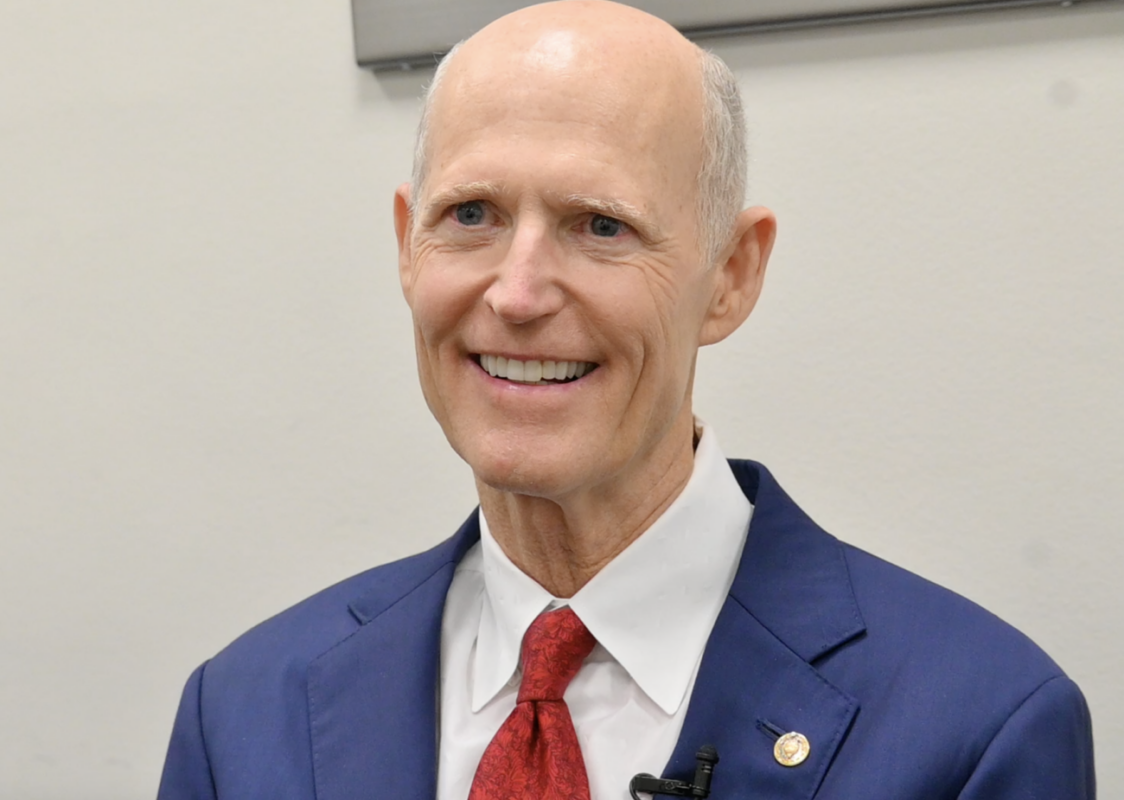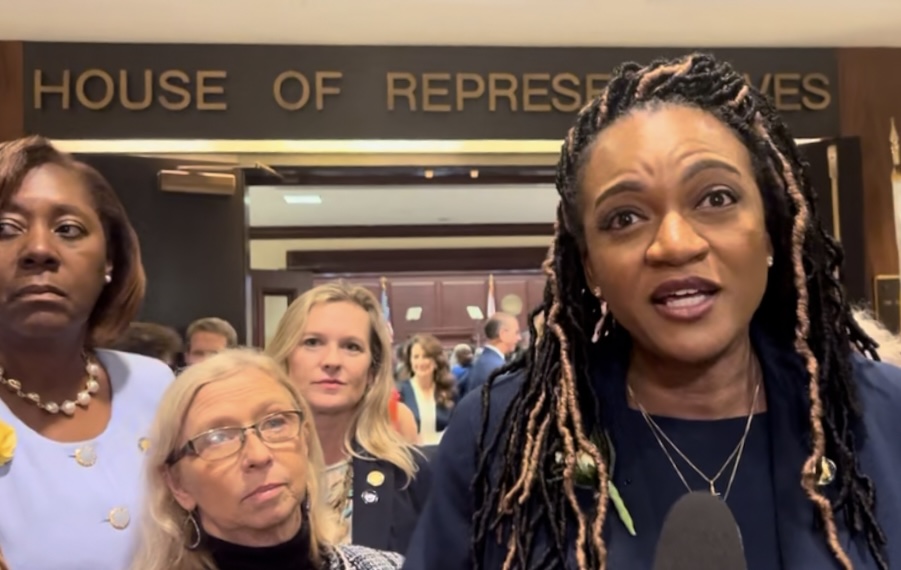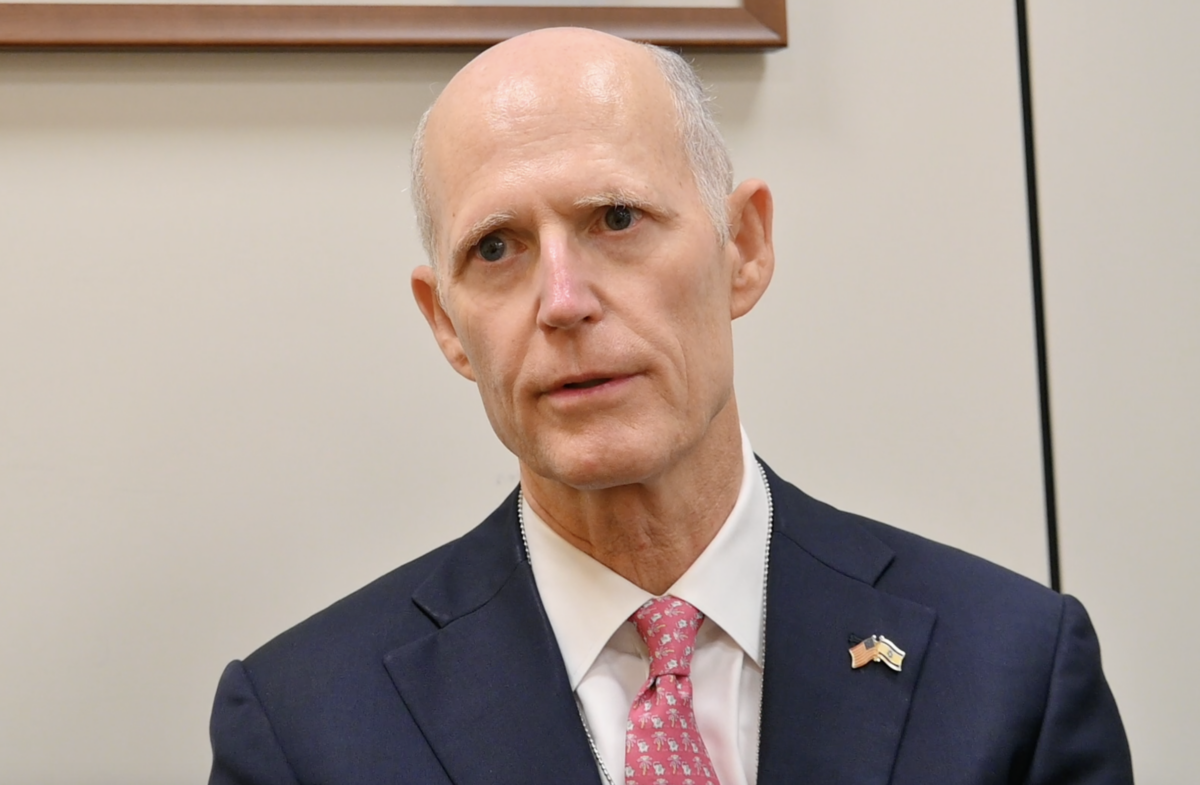The results of the Venezuelan presidential election instilled hope in a country that is desperate to rid itself of its communist past. However, President Nicolas Maduro has challenged the results of the election, arguing that he himself was the victor. As the international community continues to question the legitimacy of Maduro's claim, Florida Rep. Maria Elvira Salazar (R) is leading a bipartisan effort to make way for a peaceful transfer to democracy. Rep. Salazar will introduce the VALOR Act, which will set the foundation for Edmundo González to take the helm of Venezuela.
Rep. Salazar, with the help of the House and the Senate, is scheduled to introduce the Venezuela Advancing Liberty, Opportunity, and Rights (VALOR) Act in September. She will be joined by Florida Rep. Debbie Wasserman Schultz (D), Idaho Senator Jim Risch (R), Colorado Senator Michael Bennet (D), Louisiana Senator Bill Cassidy (R), Tennessee Senator Bill Hagerty (R), and Florida Senator Rick Scott (R).
In announcing the legislation, Salazar's office once again denounced the Maduro regime, noting that the regime "has destroyed a once prosperous country, leading to the largest migration crisis in the Western Hemisphere, with as many as 8 million people having left already and more than 40% of those remaining planning to leave."
In a statement, Rep. Salazar commented that "America cannot wait any longer as Maduro finalizes his theft of Venezuela's election." “The United States must send the message that Maduro’s time in Miraflores is up, and that Edmundo González will take his rightful office in January. No more money for the Chavistas and their repressive apparatus.”
The VALOR Act will address the following:
- Establishes democratic benchmarks guiding the removal of sanctions on the Maduro regime and any non-democratic successor;
- Reaffirms financial sanctions on the Venezuelan Central Bank, Petróleos de Venezuela, S.A., and Venezuelan cryptocurrency;
- Requires the United States block participation of any non-democratic government of Venezuela at the Organization of American States, Inter-American Development Bank, and International Monetary Fund;
- Authorizes a $5M U.S. contribution to create an OAS Emergency Fund to deploy human rights monitors and electoral observers;
- Authorizes nongovernmental organizations to support humanitarian, democracy building, education, environmental protection, and non-commercial development projects in Venezuela directly benefiting the Venezuelan people;
- Blocks U.S. foreign assistance to any country providing assistance, including financial assistance (except humanitarian aid), to the Maduro regime or any non-democratic successor;
- Requires the president to develop an economic assistance plan to a democratically governed Venezuela and creates a “coordinating official” within the State Department to oversee development and implementation of such a plan; and
- Requires the president to submit a report to Congress outlining barriers and policy objectives on trade and investment between the U.S. and a democratically governed Venezuela.

